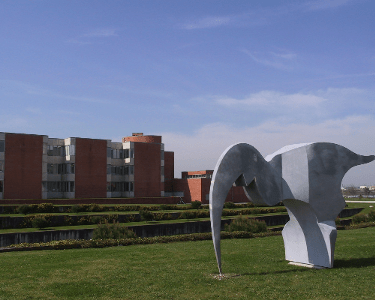
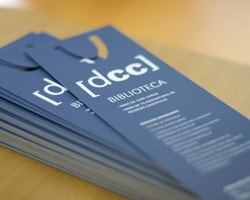





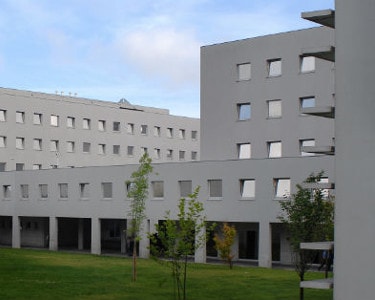


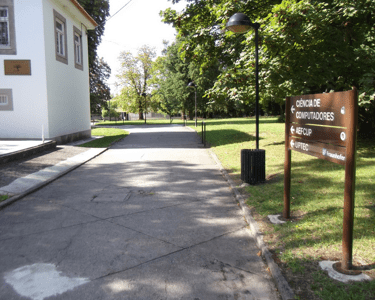
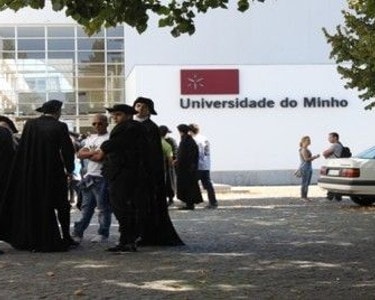

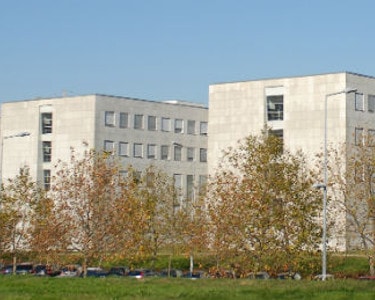
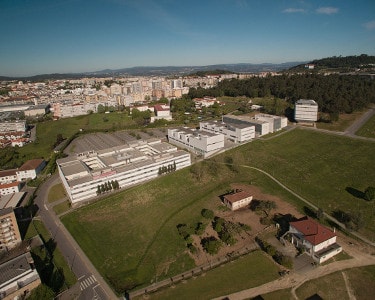


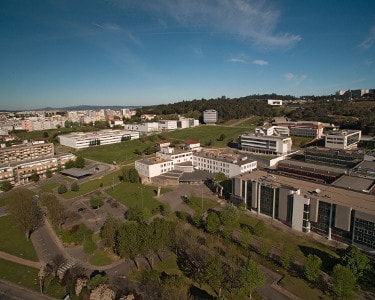


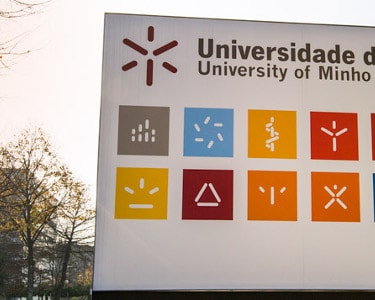

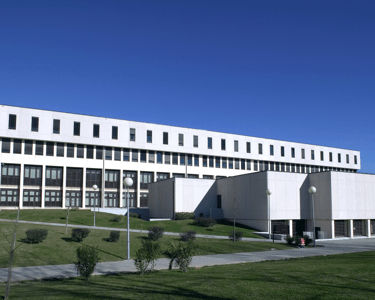

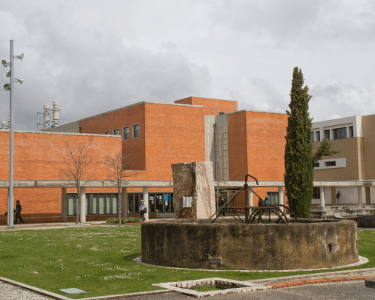
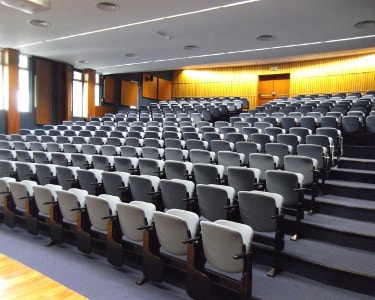




























Department of Computer Science, Carnegie-Mellon University, US
Frank Pfenning studied Mathematics and Computer Science at the Technical University Darmstadt and then left for Carnegie Mellon University on a Fulbright scholarship where he obtained his Ph.D. in Mathematics in 1987 under the supervision of Professor Peter Andrews.
He subsequently joined the Department of Computer Science at Carnegie Mellon University as research faculty where he became Professor in 2002 and served as Director of Graduate Programs from 2004 to 2008 and Associate Dean for Graduate Education from 2009 to 2010. He was appointed President's Professor of Computer Science and Head of the Computer Science Department in January 2013.
He has spent time as visiting scientist at the Max-Planck-Institute for Computer Science in Saarbrücken, as Alexander-von-Humboldt fellow at the Technical University Darmstadt, and as visiting professor at École Polytechnique and INRIA-Futurs. He has advised 24 completed Ph.D. theses and won the Herbert A. Simon Award for Teaching Excellence in the School of Computer Science in 2002.
He served as trustee, vice president, and president of CADE, Inc., the governing body of the International Conference on Automated Deduction, and on advisory boards for INRIA, the Max-Planck-Institute for Computer Science, and Seoul National University. He has chaired several conferences and program committees, including CADE and LICS, and has been a member of the editorial boards for Theoretical Computer Science, Journal of Automated Reasoning, and the Journal of Symbolic Computation.
His research interests include programming languages, logic and type theory, logical frameworks, automated deduction, and computer security. In his spare time he enjoys playing squash, running, and hiking.
Department of Computer Science, University of Texas, Austin, US
Keshav Pingali studied in IIT-Kanpur, India, and obtained his Ph.D. in Computer Science from M.I.T., US, in 1986. From 1986 to 2006 he was at Cornell University where he became a Professor in 1999. In 2006 was appointed W. A. Tex Moncrief Chair of Computing, in the Computer Science Department, University of Texas, Austin. He is fellow of ACM and IEEE. Since 2007 he served as director for Advanced Computing in the UT-Austin|Portugal initiative. He has advised 16 completed Ph.D. theses. He has chaired several conferences and program committees, including PPoPP, ISC, ICPP and IPDPS, and is associate editor of Distributed Computing and IJPP, was co-editor-in-chief of TOPLAS and associate editor of IEEE Transactions on Parallel and Distributed Processing. His research interests include programming languages, compilers, high-performance computer architecture, parallel and distributed computing, grid computing, fault tolerance.
Department of Computer Science, Katholieke Universiteit Leuven, Belgium
Luc De Raedt is a full professor (of research) at the University of Leuven (KU Leuven) in the Department of Computer Science and a former chair of Machine Learning at the Albert-Ludwigs-University in Freiburg. Luc De Raedt has been working in the areas of artificial intelligence and computer science, especially on computational logic, machine learning and data mining, probabilistic reasoning and constraint programming and their applications in bio- and chemoinformatics, vision and robotics, natural language processing, and engineering. His work has typically crossed boundaries between different research areas, often working towards an integration of their principles. He is well-known for his early work on inductive logic programming (combining logic with learning). Since 2000, he has been working towards a further integration of logical and relational learning with probabilistic reasoning (statistical relational learning and probabilistic programming) and on inductive querying in databases. During the last three years he has been fascinated by the possibility of combining constraint programming principles with data mining and machine learning. He is currently coordinating a European IST FET project in this area (ICON — Inductive Constraint Programming) and was the program chair of the 20th European Conference on Artificial Intelligence (Montpellier, 2012), of ICML 2005 and of ECML/PKDD 2001.
Events
Check incoming events
FAQ
For incoming Students
Check FAQ's for incoming students for answers to commonly asked questions.
FAQ
For current Students
Mailing List
Subscription